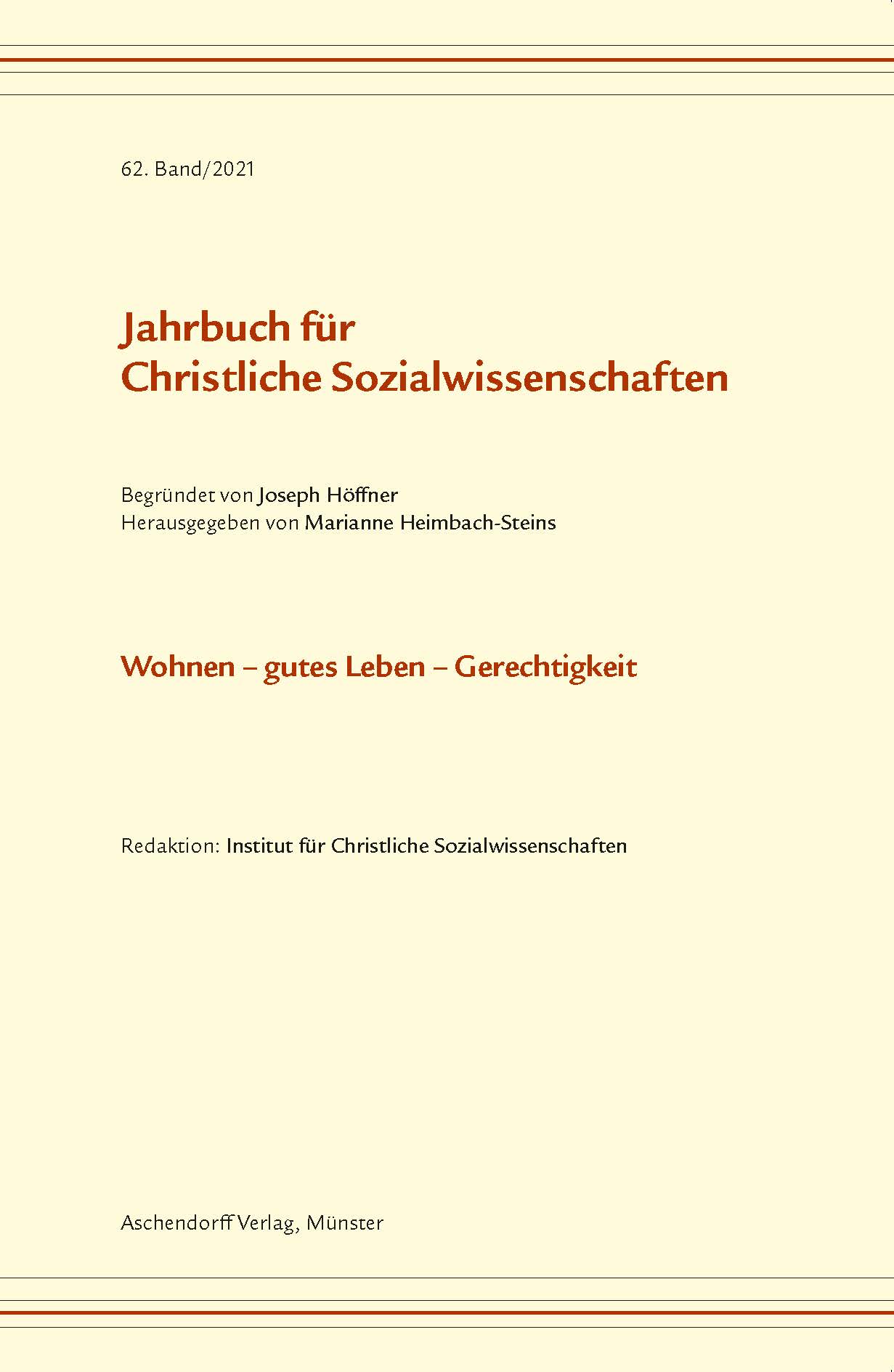Alterität oder Subalternität
Sozialethische Reflexion von Repräsentationsfragen in Anerkennungstheorien
DOI:
https://doi.org/10.17879/jcsw-2021-3551Abstract
The particular strength of Theories of Recognition is that they offer conceptual solutions to the problem of Exclusion and Participation, which is central to social ethics. In this contribution this potential is taken up and related to the problem context of political and ethical representation. Above all, it is about how Ethics of Recognition react to Subalternity. To a certain extent, the critical concept of Subalternity represents an intensified form of Exclusion that is generated in substitution processes through so-called Othering. Subaltern, according to the thesis, are made invisible through representation processes, because they cannot express their own experiences, but only their external representation by others is heard in the public sphere. The different responses of intersubjectivist (e. g. Honneth) and responsive (e. g. Levinas and Butler) Theories of Recognition to this representation problem are discussed in the text. Both Theories of Recognition offer the figure of self-limitation as a possible solution, i. e. that representation can succeed if the representatives disregard their own peculiarity; in this way, recognition regulations can be destabilized or modified. To what extent this ethical recognition answer is more advanced, but also to what extent recognition theories would have to be “decolonized” in order to respond to the representation dilemma, is discussed in the last part of the article.

